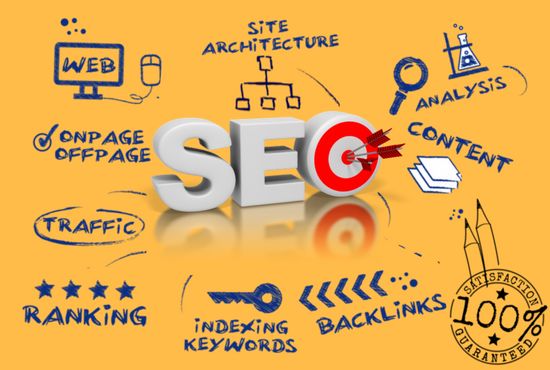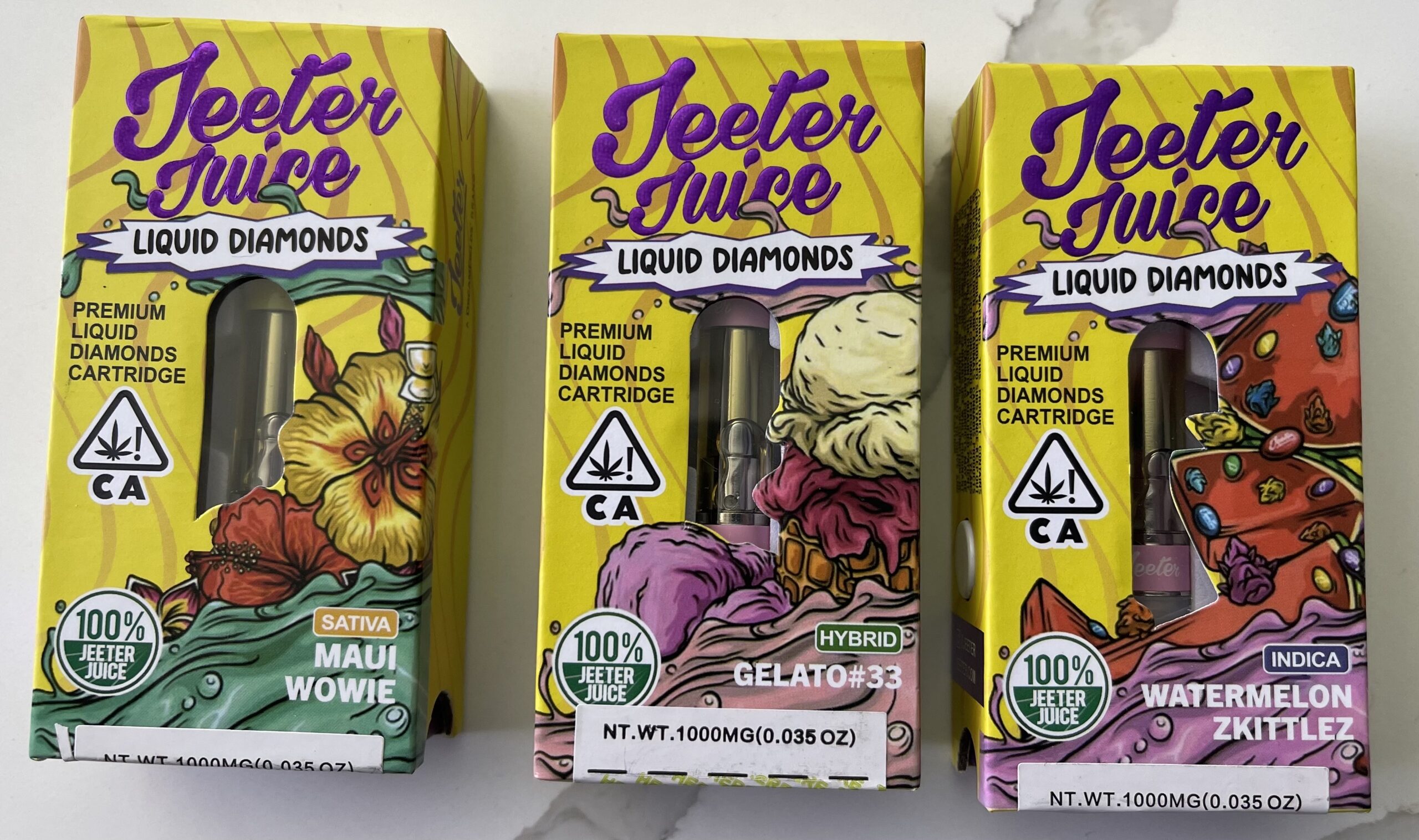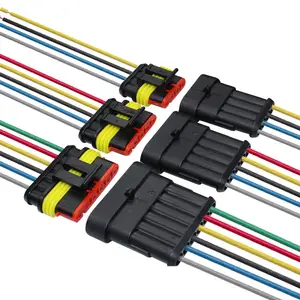In the evolving landscape of digital marketing, businesses are constantly seeking innovative approaches to maximize their reach and engagement. Digital Modular Marketing emerges as a revolutionary strategy that breaks down complex marketing campaigns into smaller, manageable, and adaptable modules. This approach allows marketers to tailor each https://www.alanpereira.com/ component to specific audiences and platforms, enhancing flexibility and effectiveness. Unlike traditional marketing, where campaigns are often rigid and monolithic, modular marketing enables a more agile response to market trends, consumer behavior, and technological advancements.
The essence of Digital Modular Marketing lies in its ability to combine various marketing elements such as content, design, channels, and data analytics into discrete units. These units can be independently developed, tested, and optimized before being integrated into a larger campaign framework. This modularity empowers marketing teams to experiment with different combinations, personalize messages, and swiftly pivot strategies based on real-time feedback. As a result, brands can deliver more relevant and engaging experiences, fostering deeper connections with their customers.
Moreover, the modular approach supports better resource allocation. By focusing efforts on individual modules, teams can identify high-performing components and scale them effectively while discontinuing or refining less successful ones. This continuous cycle of improvement promotes efficiency and cost-effectiveness, vital factors for businesses operating in competitive markets. Digital tools and platforms play a crucial role in enabling modular marketing, providing the infrastructure to build, manage, and analyze these interchangeable parts seamlessly.
Another significant advantage of Digital Modular Marketing is its alignment with omnichannel strategies. In today’s digital ecosystem, consumers interact with brands across multiple touchpoints, including social media, email, websites, and mobile apps. Modular marketing modules can be customized to fit each channel’s unique format and audience expectations, ensuring consistent and coherent messaging. This adaptability enhances brand presence and nurtures a unified customer journey, which is essential for building brand loyalty and trust.
Furthermore, data-driven insights are at the core of digital modular marketing. Each module generates valuable data that marketers can analyze to understand customer preferences, engagement patterns, and campaign performance. This granular level of insight facilitates precise targeting and personalization, key drivers of successful marketing outcomes. By leveraging analytics, marketers can continuously refine modules, improving relevance and impact over time.
As digital ecosystems continue to grow more complex, the demand for modular marketing solutions will increase. Businesses that embrace this approach can expect greater agility, innovation, and customer-centricity in their marketing efforts. The modular framework encourages collaboration across departments, fostering creativity and a shared vision toward achieving marketing goals. In essence, Digital Modular Marketing represents a shift from static campaigns to dynamic, evolving marketing ecosystems designed to meet the needs of modern consumers.
In conclusion, Digital Modular Marketing is transforming how brands engage with their audiences by introducing flexibility, personalization, and efficiency into campaign design and execution. Its modular nature allows for continuous adaptation in an ever-changing digital world, making it an indispensable strategy for businesses aiming to thrive in the future of marketing.
















































